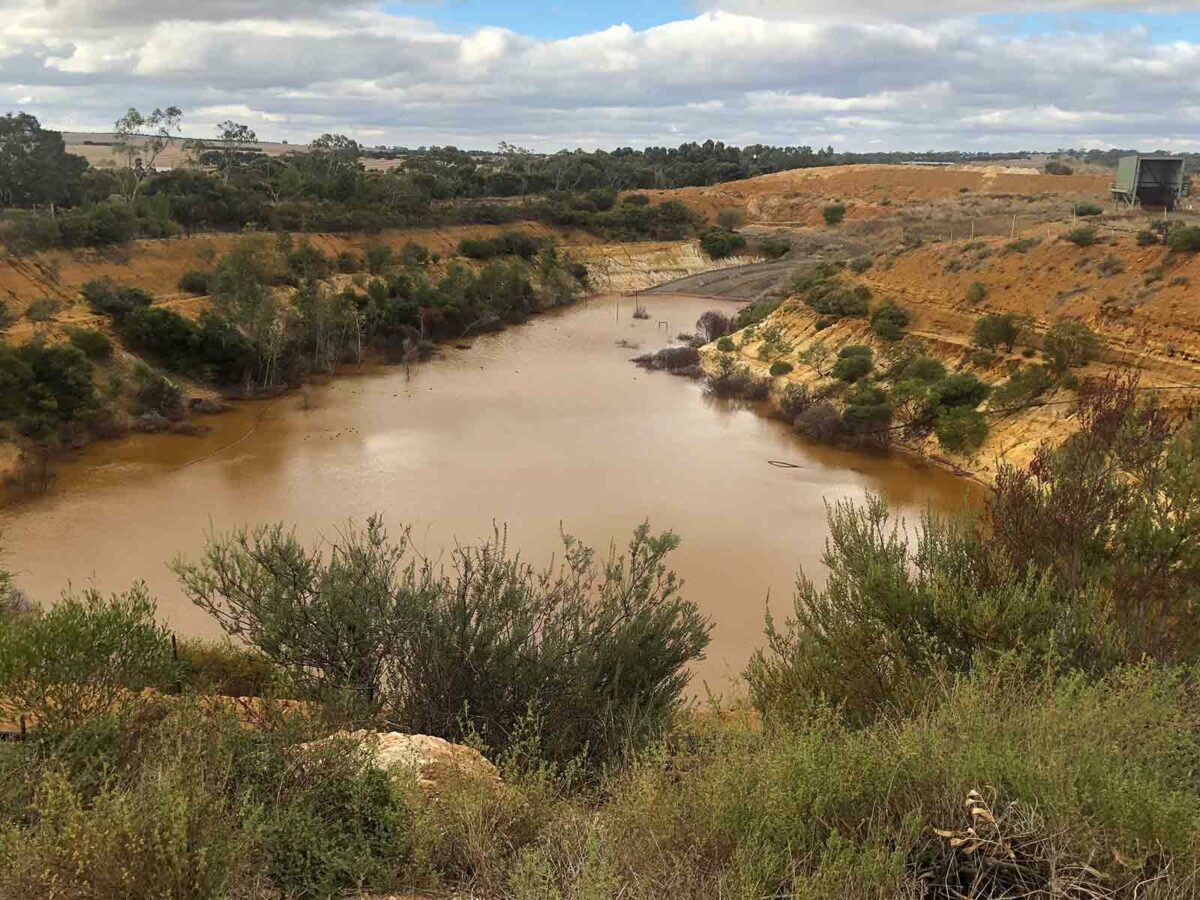Hydrostor to store energy underground

Canadian renewable energy company will invest $30 million to turn a dis-used zinc mine at Angus near Adelaide into an underground energy store.
The company will build a commercial-scale demonstration of its Advanced Compressed Air Energy Storage (A-CAES) technology in use in two other sites overseas.
The Australian Renewable Energy Agency (ARENA) will provide $6 million in funding, with $3 million coming from the South Australian Government’s Renewable Technology Fund.
ARENA CEO Darren Miller said the pilot project could add to Australia’s grid-scale storage capability, complementing pumped hydro and batteries.
“Compressed air storage has the potential to provide similar benefits to pumped hydro energy storage,” he said.
“However it has the added benefits of being flexible with location and topography, such as utilising a cavern already created at a disused mine site.”
The 5-megawatt plant will use electricity from the grid to produce compressed air, which is stored in an underground cavern kept at constant pressure using hydrostatic head from a water column.
During charging, heat from the compressed air is collected and stored before the cooled air displaces water out of the cavern up to a water reservoir on the surface.
To discharge, water flows back into the cavern forcing air to the surface under pressure where it is heated with the stored thermal energy and drives a turbine to generate electricity.
Hydrostor CEO Curtis VanWalleghem said: “We’re excited to have the opportunity to demonstrate the significant benefits of adding our flexibly-sited, low-cost, bulk energy storage to the diverse range of technology helping Australia transition to a lower-cost, high system strength, cleaner electricity grid.”
In other developments the New South Wales Labor party announced it will support a program to help 500,000 households install rooftop solar, reducing electricity bills.
Under Labor’s Solar Homes policy, owner-occupied households in NSW with a combined income of $180,000 or less would be eligible for a rebate, to be capped at $2200 per household.
Picture: ARENA/Angus mine
Subscribe to our free @AuManufacturing newsletter here.
Topics Manufacturing News Technology
@aumanufacturing Sections
Analysis and Commentary Awards casino reviews Defence Gambling Manufacturing News Online Casino Podcast Technology Videos





